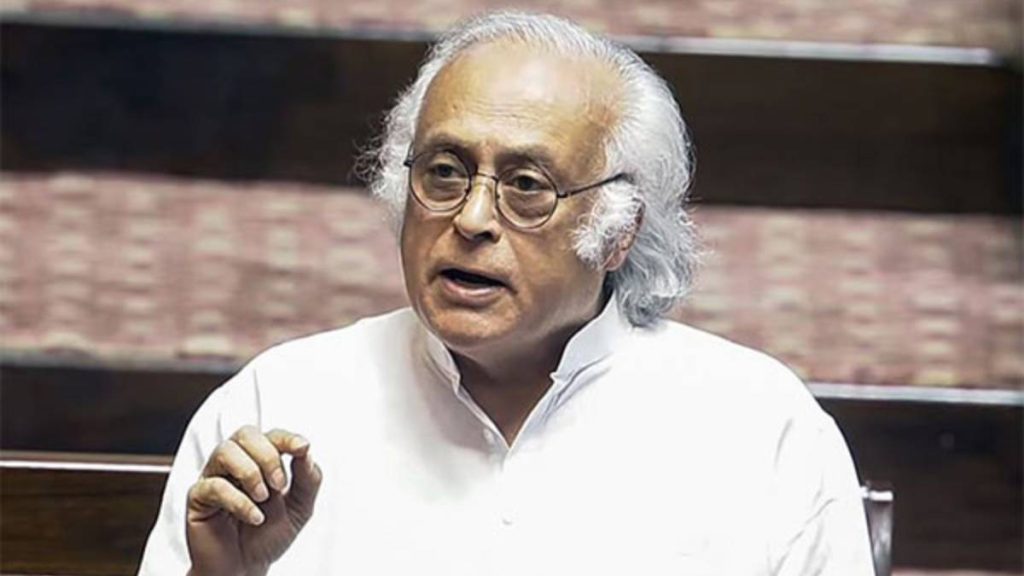Senior Congress leader Jairam Ramesh on Friday targeted Prime Minister Narendra Modi, claiming that his much-touted “special relationship” with US President Donald Trump has been exposed. His remarks came after reports emerged that Pakistan Army Chief General Asim Munir is set to make his second visit to the US in just two months, following the April 22 Pahalgam terror attack.
Ramesh noted that despite Modi’s assertions, the US has not appointed a regular ambassador to New Delhi since January 2025, while other key nations, including China, already have confirmed envoys.
“Prime Minister Modi has been claiming a special relationship with President Trump. That now stands totally exposed. Since Jan 2025, the US does not have a regular Ambassador in New Delhi nor has it named anyone yet for confirmation by the US Senate—unlike for other key countries like China,” Ramesh posted on X.
Criticising Washington’s engagement with Munir, Ramesh alleged that the Pakistan Army Chief’s inflammatory rhetoric had provided the immediate backdrop to the Pahalgam terror attack, which killed 26 civilians.
“Field Marshal Asim Munir, whose incendiary and inflammatory remarks provided the immediate backdrop to the brutal terror attacks in Pahalgam on April 22, 2025, appears to be a favourite of the US,” Ramesh said.
He added that Munir will be travelling to the US to attend the farewell function of US Central Command Chief General Michael Kurilla, who recently praised Pakistan as “a phenomenal partner in counter-terrorism operations.”
“He (Munir) was hosted to an unprecedented lunch on June 18, 2025, in Washington DC by President Trump. The Pakistan Army Chief is soon going to America again to attend a farewell function for the retiring US Central Command Chief Gen Michael Kurilla—the same General Kurilla who had on June 10, 2025, called Pakistan… ‘a phenomenal partner in counter-terrorism operations.’ What a bizarre certificate this was,” Ramesh added.
In June, after Munir’s lunch with Trump at the White House, Ramesh had already raised concerns, calling it a major setback for Indian diplomacy.
